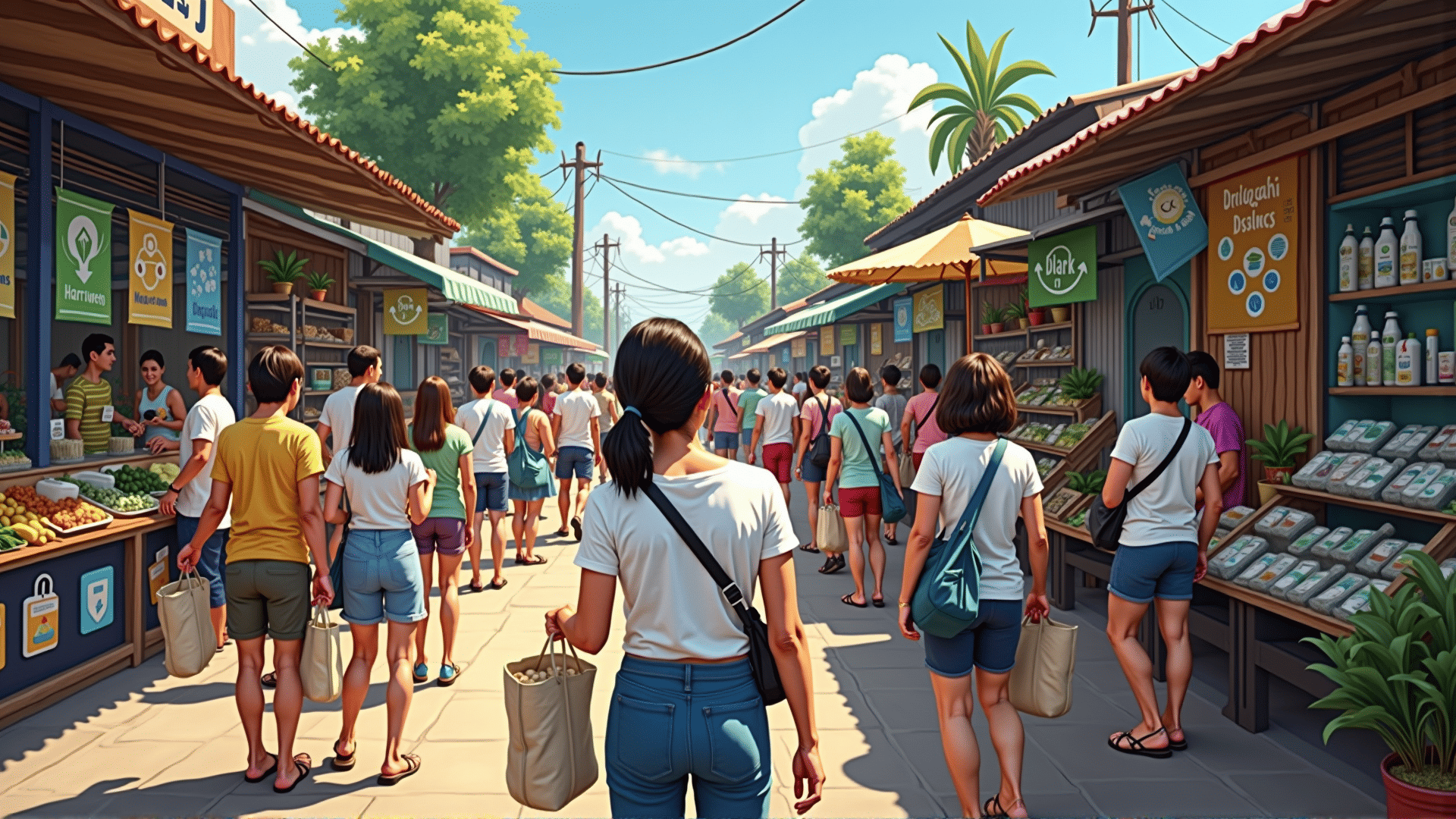In recent years, the Philippines has made significant strides in adopting smart consumption habits, a transformative shift that is playing a crucial role in conserving resources and safeguarding the environment. As environmental concerns grow, Filipinos are increasingly embracing innovative ways to reduce their ecological footprint while ensuring sustainable living.
One of the most notable aspects of this shift is the rise of energy-efficient technologies. From solar panels to energy-saving appliances, households across the country are choosing options that reduce power consumption. The adoption of solar energy, in particular, has been pivotal, not only in minimizing dependency on nonrenewable sources but also in bringing clean energy to remote areas.
The zero-waste movement is another emerging trend, with more people reducing their reliance on single-use plastics and opting for reusable or biodegradable alternatives. Local businesses are rapidly adopting these practices, offering eco-friendly packaging and promoting sustainable materials. This approach not only curbs pollution but fosters a culture of mindful consumption.
Water conservation measures are also gaining traction. Rainwater harvesting systems and water-efficient fixtures are becoming standard in new constructions. Additionally, educational campaigns are raising awareness about the importance of conserving water, leading individuals to adopt everyday practices that help save this precious resource.
In the realm of food consumption, there is a noticeable shift towards supporting local and organic produce. Community-supported agriculture (CSA) programs and urban gardening initiatives are encouraging consumers to purchase from local farmers, reducing transport emissions and promoting the growth of eco-conscious communities.
The utilization of technology is further enhancing these efforts. Mobile applications that track personal consumption patterns and carbon footprints are helping people make informed choices. Moreover, digital platforms facilitate the sharing of goods and services, fostering a culture of collaboration and resourcefulness.
The push for sustainable transportation is also notable. With the rise of bike-sharing programs and electric vehicles, Filipino cities are gradually moving towards cleaner, more efficient modes of transit. This evolution not only improves air quality but also addresses the growing concerns of urban congestion.
In education, institutions are integrating environmental studies into their curriculums, instilling an early appreciation for sustainable living in younger generations. This proactive approach ensures that future leaders are equipped with the knowledge and passion to continue driving these efforts.
Overall, the emergence of smart consumption habits in the Philippines is a beacon of positive change. By embracing responsible practices and technological innovations, the nation not only preserves its natural beauty but sets a leading example for others. This concerted effort towards sustainability not only enhances the quality of life today but ensures a healthier, more prosperous tomorrow for future generations.
